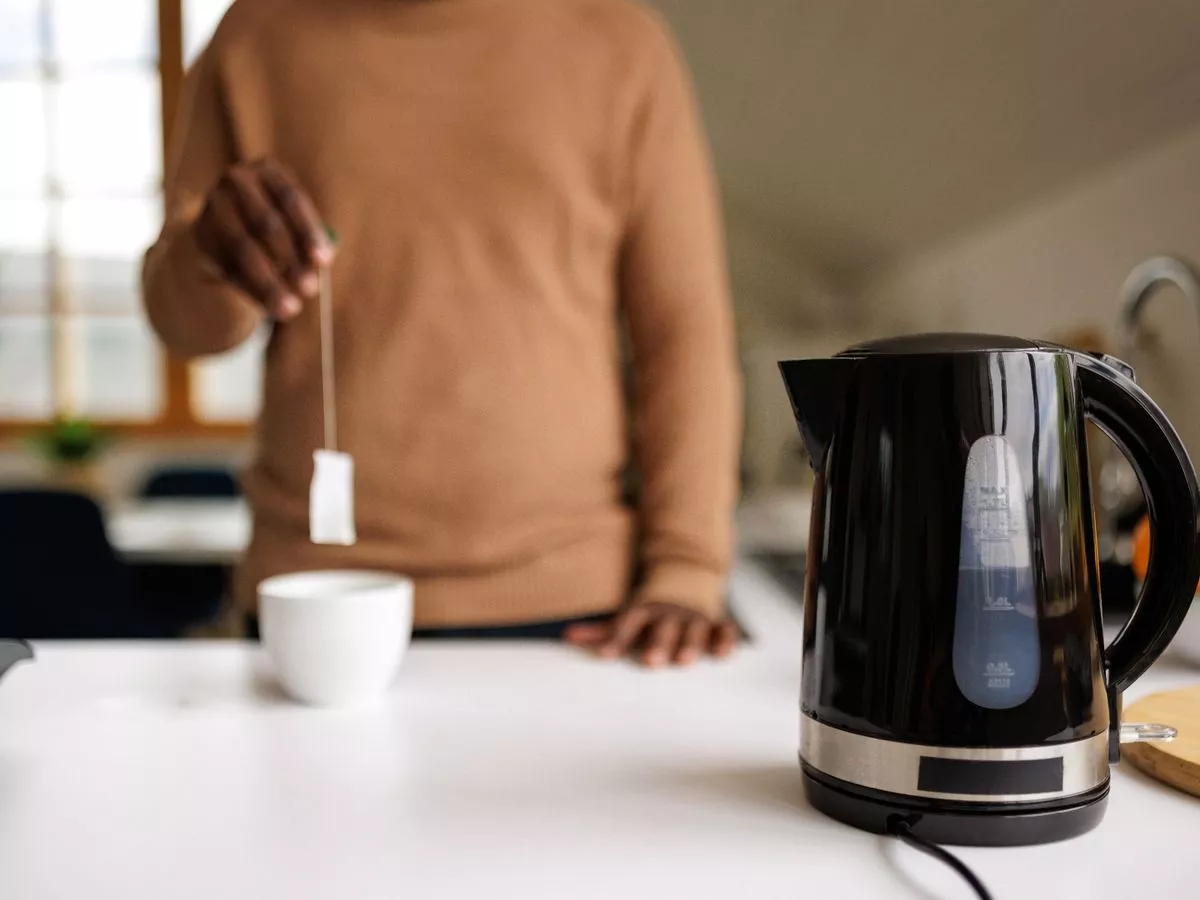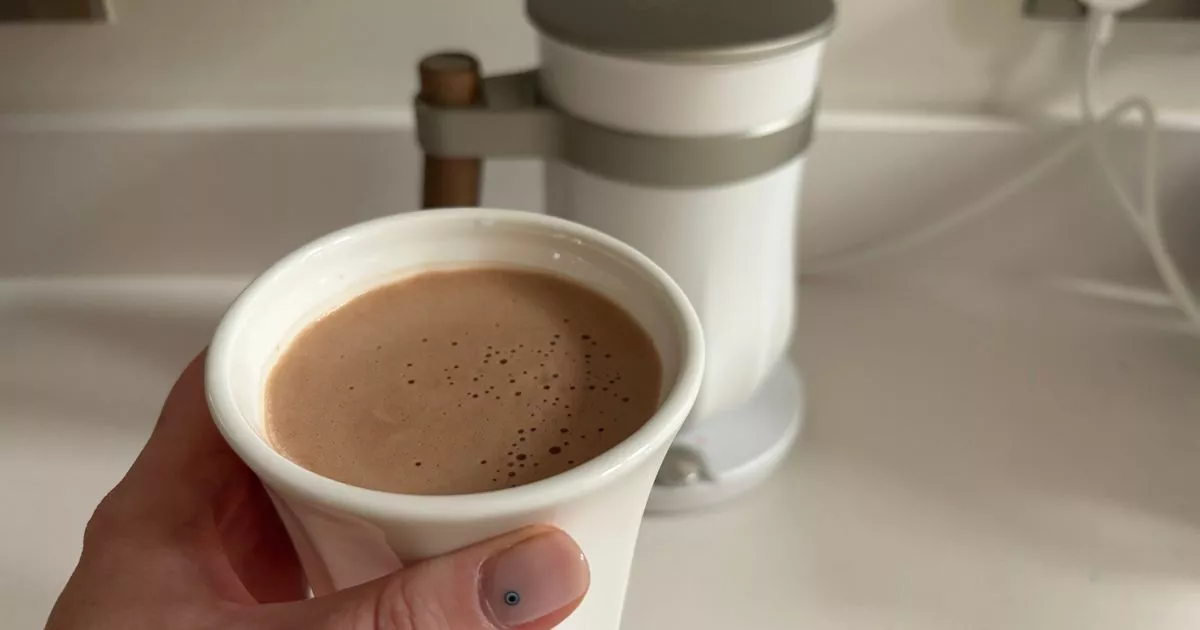By David O’dornan,Tom Hutchison
Copyright dailystar

Boffins have discovered that tea can be grown on the Moon . Eggheads from the University of Kent said that the tea plant thrives in soil on the satellite. It means that, in theory, astronauts will be able to brew up an extraterrestrial cuppa on the lunar surface . Researchers planted saplings in soils that mimic those found on the Moon and Mars. Over the course of several weeks plants in lunar soil flourished, taking root and growing as well as those planted on Earth. But saplings planted in a simulated Martian surface failed to grow. Dr Sara Lopez-Gomollo, a lecturer in plant biology, said: “The results of this project are very encouraging, as they demonstrate that a tea, a crop, can be grown in lunar soils. “Our next step is to better understand the physiology of the plant under these conditions, so we can improve growth and ideally translate these findings to other crops. “This is particularly exciting as we move beyond simply sending astronauts to the Moon and begin to think seriously about making it habitable.” Moon soil, known as regolith, is a powdery, abrasive and sharp-edged layer of fragmented rock and dust covering its surface. It is formed by meteorite impacts and solar wind and dramatically different from Earth soil. Scientists previously doubted that anything could grow in the hostile dust because it contains no organic matter and lacks water, nitrogen and phosphorus to help plants thrive. But that changed in 2022 when a team at the University of Florida was able to grow cress plants in soil brought back from the Apollo missions. Genetic studies on the lunar cress showed that the plants had changed their biology to cope with the harsh conditions. Now the latest experiments growing tea give more hope for a new era of ‘space agriculture’ in which astronauts would not need to bring bulky supplies with them, but could grow their own food on the satellite planet. Prof Nigel Mason, head of the School of Physical Sciences, said: “We’re moving into a new age of space, where we think about settling in space and building bases on the Moon or Mars. “One of the first things you want to know is, ‘What will people eat?’ “These experiments reveal that terrestrial plants such as tea may be cultivated.” For the latest breaking news and stories from across the globe from the Daily Star, sign up for our newsletters .



